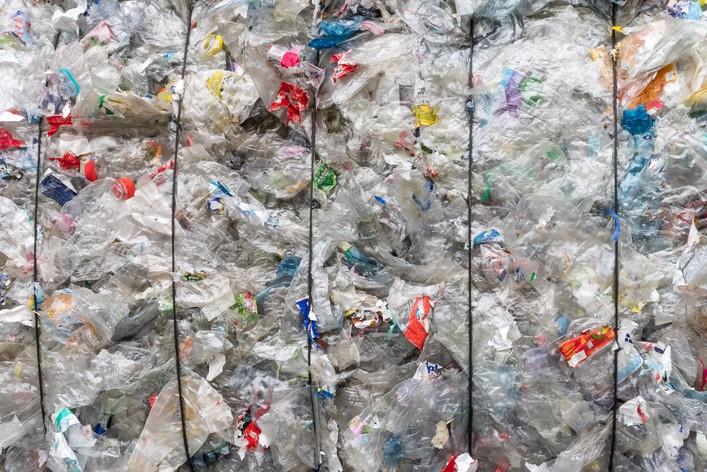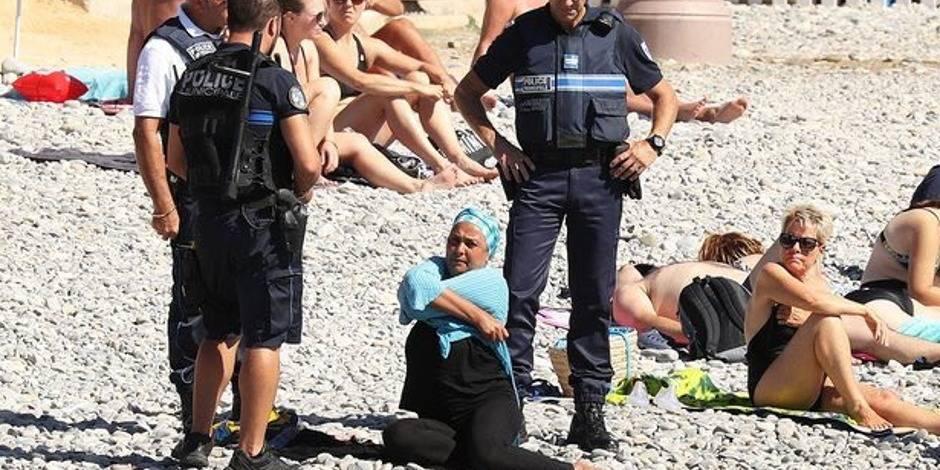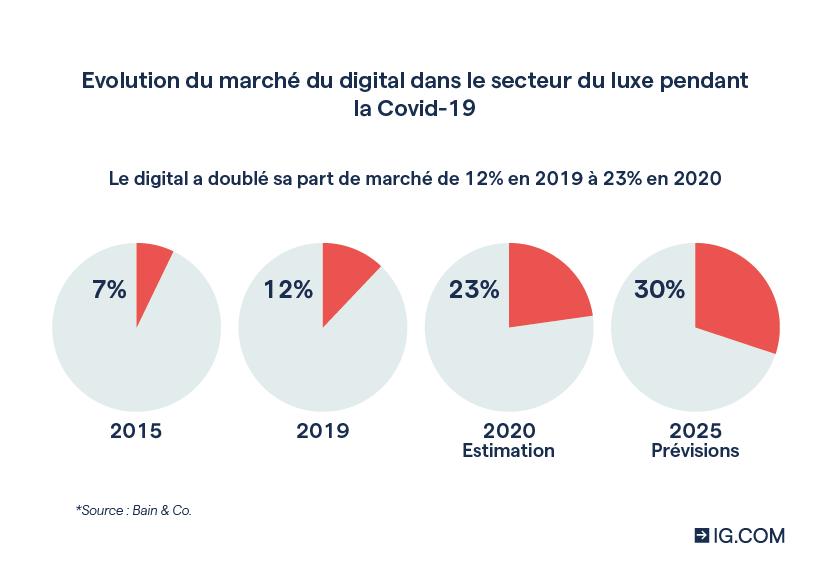Cash Investigation denounces waste management in a waste documentary
Waste concerns television channels.After the prohibited zone report "waste: the major recycling lies" broadcast on October 14 on M6, it is the turn of the Cash Investigation team to look into the subject.The program entitled "Waste: The Great Illusion" will be broadcast this Thursday, November 11 on France 2.In the preamble, the documentary recalls the figure of the World Bank which announces a 70 % increase in waste in 2050, if nothing changes.Journalists therefore wanted to check if things change.
In this area, France is far from being a model: it burns even more than a third of household waste, or 12 million tonnes per year, in the 122 incinerators in the country.However, this cremary waste produces ashes, the chews, part of which, toxic, is still stored or buried.The Cash Investigation team has thus collected thousands of data to establish the ranking of good and bad students of incineration and recycling.
Journalists also wanted to understand the problem at the root: from the Citeo sorting centers, the eco-organization responsible for recycling packaging, and Paprec, the number one in France of the collection and recycling of waste waste.The 100 -minute documentary thus confronts the commitments of industrialists with the facts.While professionals hammer that all plastic waste can land in the yellow trash and will be recycled, reality is quite different.
Journalists obtain commitments

To better understand the problem, one of the journalists was engaged in a Paprec recycling plant.On a hidden camera, he filmed his daily life with suffering colleagues.Elise Lucet then presented to the president of the group, Jean-Luc Petithuguenin, the observations of cash investigation.The manager made commitments to the television team, including that of engaging on permanent contracts the many interim employees.
The team of journalists also obtained promises from the Minister of Ecology on a completely different subject - also treated in the documentary - that of anaerobic digestion.Large groups are interested in this new milk cow which transforms cow's dung into city gas or electricity.But "accidents, pollution, lack of control ... In the countryside, anger rumbles against these methanists who multiply everywhere in our country", alerts the documentary.Barbara Pompili has committed to better control this technology, today subsidized by the State.
Hope is allowed since the documentary also has an effective solution to reduce waste.The incentive fee for the elimination of household waste from Besançon has indeed proven itself.Since 2008, the 116.000 inhabitants of the city pay taxes depending on the amount of waste thrown.This measure made it possible to lower the weight of household waste trash cans by 37 % in 13 years and to close one of the three incinerator ovens.
The program "is fairly fair and very educational, but I have the feeling of a little lack of perspectives", underlines Alexis Lemeillet, co-founder of Take a Waste.The waste prevention and management expert confirms that "all plastic packaging is not recycled".But he recalls that it is "the objective of modernizing sorting centers which is progressive until the end of 2022".The specialist adds that the law will ban non -recyclable plastic packaging in 2025.Furthermore, he regrets that the relevant conclusion of the documentary "let's continue to sort but above all consume less" is not supported!
Mathilde Golla @mathgolla








